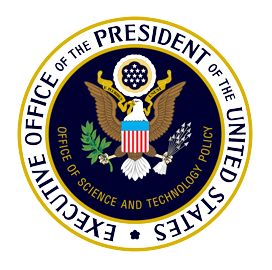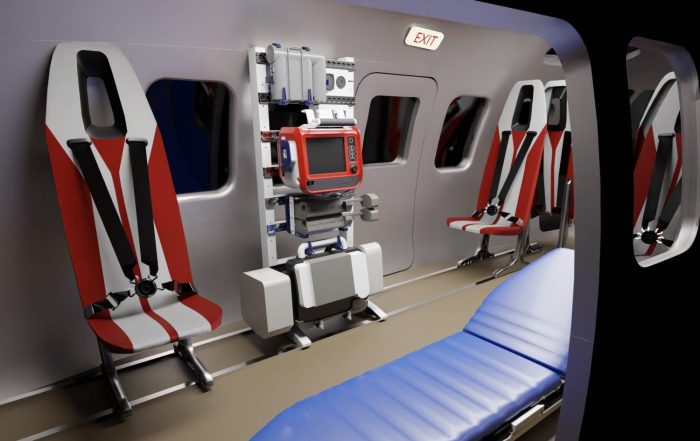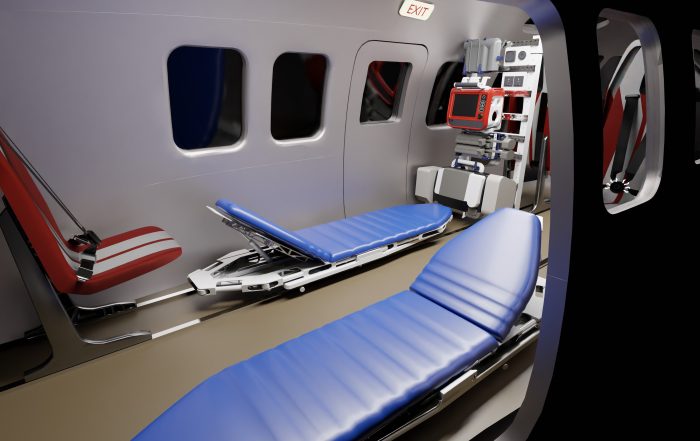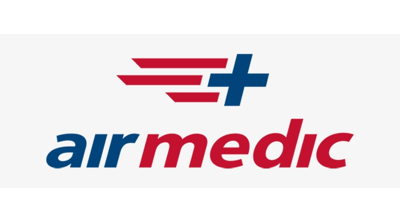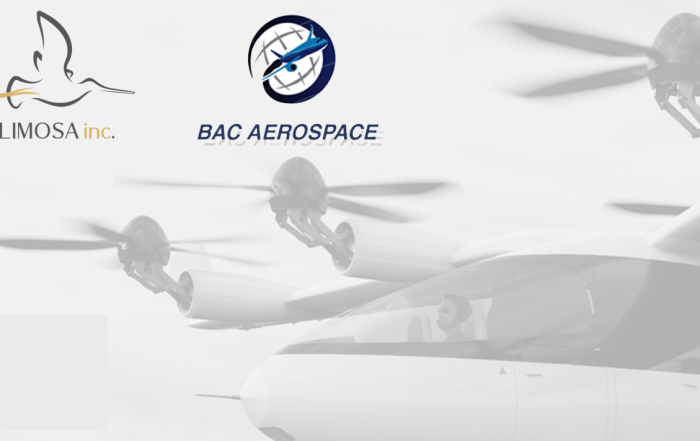Recently the Biden-Harris Administration released a communique detailing plans for their Administration to develop programs in the relevant Departments to meet the United States’ plans for meeting their Paris Climate Agreement goals of zero net emissions by 2050. Among the steps they detailed for their plans, they had expressly indicated an intent to prioritize comprehensive integration of small drones and AAM vehicles such as eVTOLs as well as expressing a belief that autonomous vehicles are the future of flight. To that end they also intend to heavily update infrastructure, training and certifications to reflect this fact. At a technological level a heavy emphasis was placed upon research and development with departments such as the Department of Defense, Department of Energy and NASA collaborating with private industry. Specific directions where innovation can happen included lower emission fuels, materials with better strength to weight ratios to build aircraft from, better battery technologies to improve energy density and improvements to AI and machine learning. In addition, they have indicated they will be looking at update codes and regulations in order to keep up with the innovations and will work with international organizations such as ICAO for this.
How this affects Limosa’s future plans?
This news is significant for Limosa as some of the directions of innovation they had specifically laid out directly ties in to matters that will make our mission statement significantly easier, such as better battery technology being able to help us reach our targeted range. The fact that the White House is willing to begin making DoD aircraft assets become electrified as part of a push to achieve their emission goals indicate a lot of investment into this field will be happening in the future and given the Department of Commerce intends to allow this to be given to government agencies that focus on international collaboration and for commercial export, we stand to benefit from potential breakthroughs. In addition, updating regulations to accommodate for AI and machine learning indicates that guidelines for improved autopilot technology will be in the future as well and as the Limoconnect intends to have an autonomous variant, having guidelines to respect and work towards will be important in the future.

